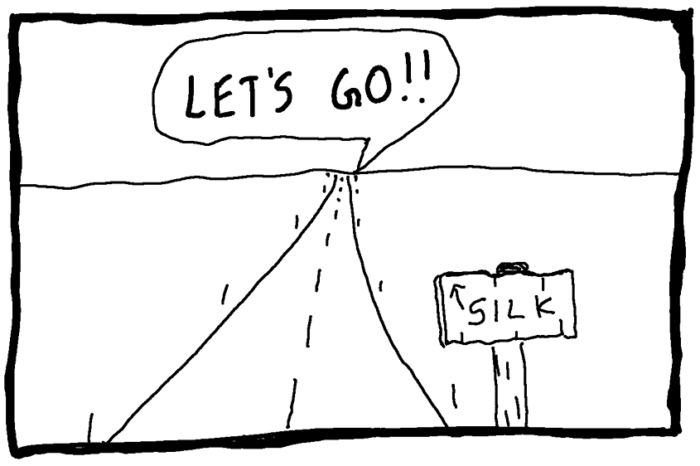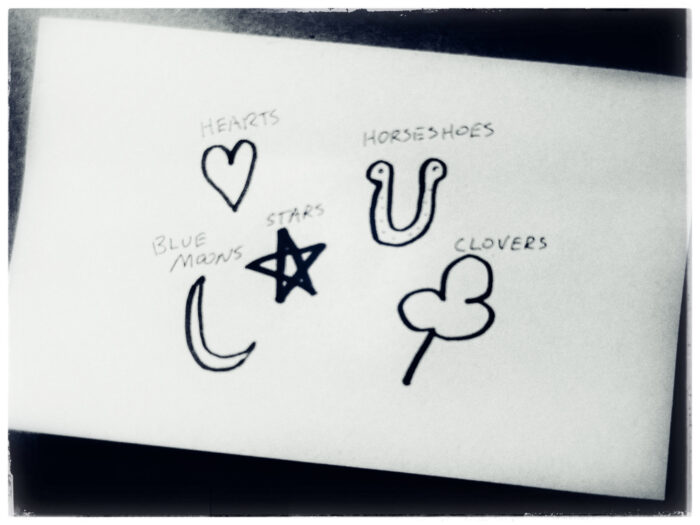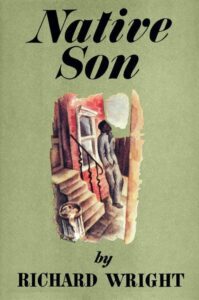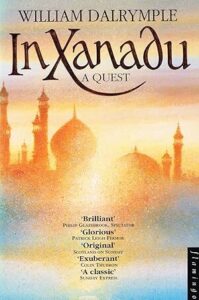
Well, that’s the end of The Travels of Marco Polo. I think I would have enjoyed it more if I were well versed in the history of Asian cultures, or if I knew more about architecture or language. It’s been years since I’ve been to China, but the (relatively brief) depictions of places Marco Polo and I have both been to don’t remind me of anything. No surprise, really. Places change over the course of 700 years.
The book did make me a little more envious of William Dalrymple’s travels in In Xanadu, which saw the author retracing Marco Polo’s journey in the 1980s. While a lot has changed over the centuries, the paths are still there, and (very frequently) so are the cities. The Travels of Marco Polo would definitely be a book I’d refer back to if and when I went back to Asia. It might even be an impetus.
There’s just something … exciting about feeling that kind of connection with the distant past.

I read The Journals of Lewis and Clark a few years ago when this blog was still in its infancy, and that, I think, is how I can imagine (at least somewhat) how it would feel to travel in Marco Polo’s footsteps.
We here in Nebraska don’t have a lot what I would characterize as “cool history,” but Lewis and Clark did pass through here (twice!), and Sarah and I frequently make trips along the same path they took (owing to our having family in Montana). Sure, we’re in a car and not hauling boats upstream while fighting off hordes of mosquitos, but there is a kind of visceral connection.
Of course, Sarah and I camp a lot when we travel, and it hasn’t been several centuries since Lewis and Clark bumbled their way through, so you can always get the sense that you’re seeing the same island or river bend that Lewis and Clark might have seen. Is that a real connection, or is it just some ghostly mirage that pops into my head when it’s quiet near the Missouri and the stars are out?
Beats me, but I bet you could find something similar on the path of Polo.
Doing a little research into what traveling the Silk Road might be like today and, besides the visa issues and relative danger of traveling through Afghanistan and Pakistan, going along the Silk Road would be way easier. There are more highways now, as well as high-speed rail. Plus the internet! You could probably do the whole trip while staying Airbnbs.
If you were going to do the trip, though, you’d probably want to break it into a series of destinations and find a … slow way of doing it. Taking cars or buses rather than anything faster.
No point in retracing someone’s footsteps if they were riding a horse and you’re on an airplane.

School is canceled today because of snow and frankly horrifying temperatures — it is 1 degree Fahrenheit right now, and I’m afraid that’s as high as it’s going to get. I’m sitting in my office next to a space heater with Jolene curled up at my feet. Now that the driveway is scooped, I don’t have to go back out for anything.
(Unless the action figure I ordered off eBay shows up today.)
I’m using the time to read and get over this damned cold. I also might watch Conclave this evening; I’ve heard good things and I’d like to be more purposeful with the movies and TV I watch. I feel like I’m missing out on a lot of good stuff because I get stuck re-watching old comfort shows.








